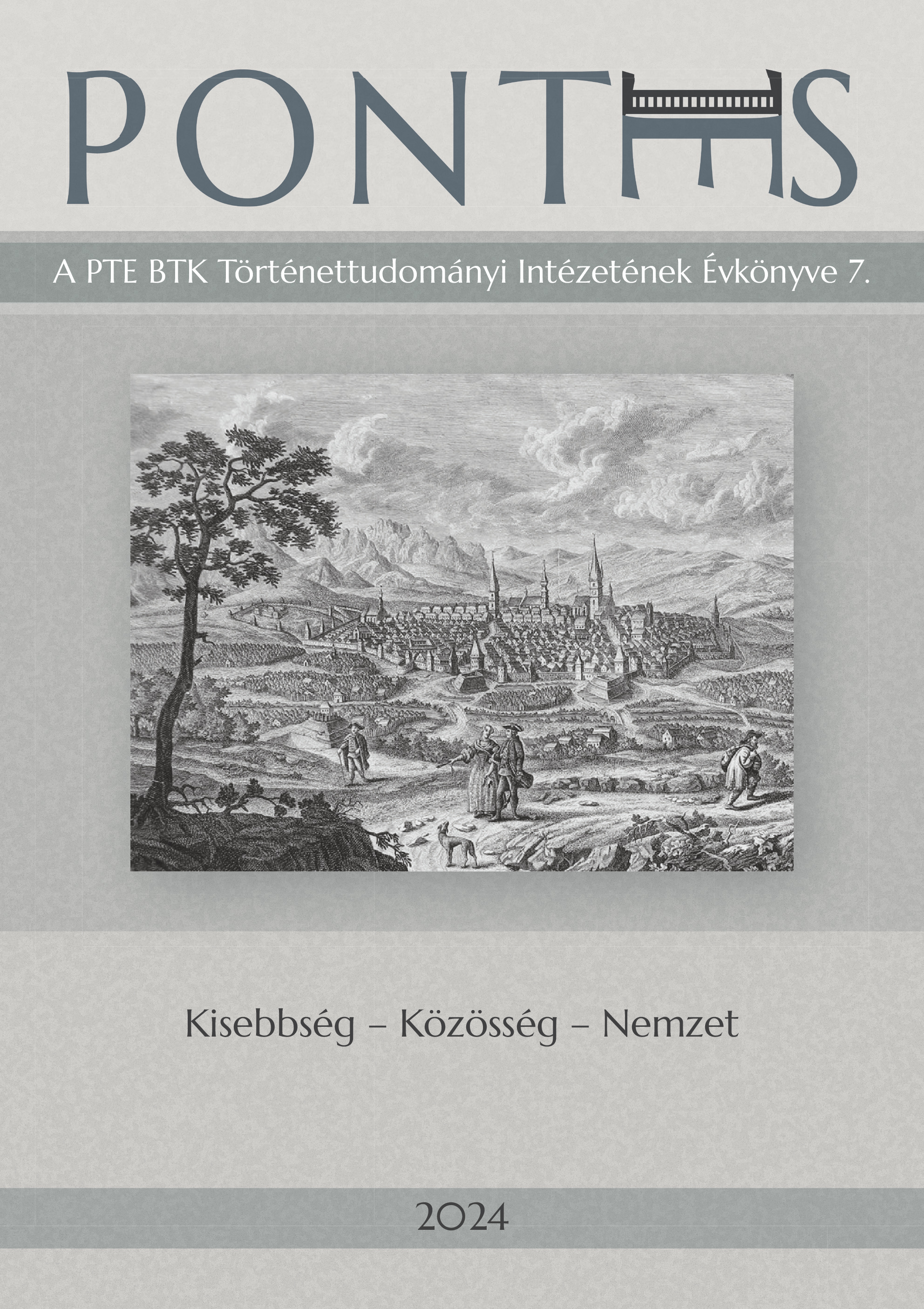Tito kémei vagy Sztálin ügynökei?
Jugoszláv menekültek és a román Securitate (1948–1952)
DOI:
https://doi.org/10.15170/PONTES.2024.07.01.05Kulcsszavak:
Tito, Yugoslavia, Soviet Union, Cominform, Securitate, refugeesAbsztrakt
Josip Broz Tito started as a notorious Stalinist and ended up becoming an opponent of Joseph Stalin. In this respect, the ideological confusion in Yugoslavia during 1948–1949 is significant. The thorough investigations conducted by Security services and Prosecution over the so called 'anti-Tito refugees`' also included Romania, as well as the communist countries bordering Yugoslavia: Albania, Bulgaria and Hungary. The refugees were sent to special colonies, made far from the common border in places where they were offered a job, the chance to resume their education, as well as civic and cultural integration etc. Of course, their supervision in the field went on uninterruptedly. A special concern during the Securitate questioning of Serbian deserters in Romania was to collect detailed information about Yugoslavia. The image created was necessary both in order to identify their country’s weaknesses, the degree to which the Yugoslav population adhered Tito’s politics and to know the defence capacities of the `ideological enemy`. Furthermore, the fact that opponents were asked to write and to tell without interruptions suggests that Securitate wanted fi rst-hand knowledge of what it was like ‘on the other side’. Information stating that `Titoist Yugoslavia` sanctioned listening to Radio Moscow, Radio Bucharest, Radio Budapest but allowed listening to Radio Free Europe, Voice of America and BBC, that cinemas run especially Hollywood movies followed by Italian and French ones, that bookshops removed the works of Stalin and his acolytes certainly stirred – besides serious migraines – the increasing curiosity of the Romanian Securitate staff.

Downloads
Megjelent
Folyóirat szám
Rovat
License

This work is licensed under a Creative Commons Attribution-NonCommercial-NoDerivatives 4.0 International License.














